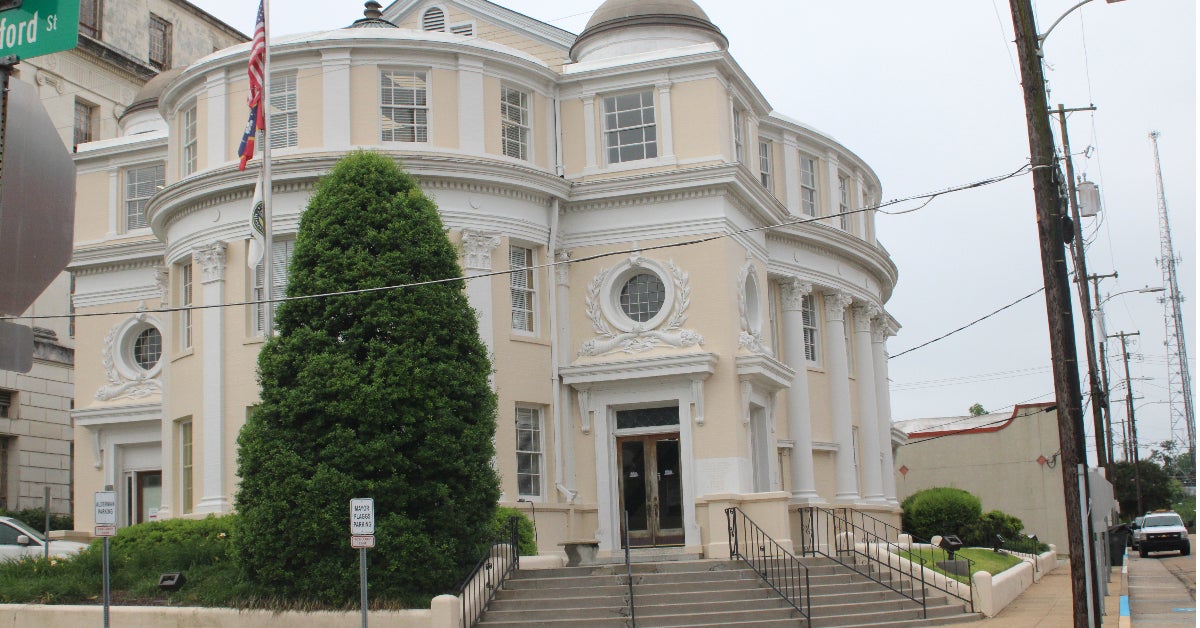Warren-Yazoo Mental Health celebrates 40 years
Published 10:54 am Thursday, May 14, 2015

CELEBRATION: Warren-Yazoo Mental Health Service Executive Director Bobby Barton speaks during a 40th anniversary celebration Tuesday.
Warren-Yazoo Mental Health Service celebrated its growth over 40 years and its impact on thousands of lives before a packed house Tuesday at it’s complex on Wisconsin Avenue.
Since its beginning, more than 21,000 have received services from Warren-Yazoo Mental Health, executive director Bobby Barton said.
“We are just so thankful, we hope we’ve had an impact there,” Barton said.
But the beginning was humble to say the least.
The mental health service was established April 1, 1975 with about 25 employees and 100 clients, Barton said.
“As of today, we have 158 employees — 83 employees in Warren County and 75 in Yazoo. Each year, we are now serving 3,500 individuals combined from Warren and Yazoo,” Barton said.
The organization is continuing to grow each year and has launched a 24-hour crisis line and crisis response team as they continue to work to break down the stigma of seeking mental health treatment.
“We are trying to be more visible,” Barton said. We’re trying to get out there and invite people to come see us.”
About 65 percent of people who get services through the facility are recipients of Medicaid, deputy director Don Brown said.
“A lot of people wonder where our funding comes from. If we had to just depend on set pay, we wouldn’t be in existence,” he said.
Vicksburg Mayor George Flaggs Jr. said when he was a state Legislator the service was used to help others around the state grow.
“We used this facility as a model to show that it could be done. Because of that Yazoo and Warren counties came together and expanded their service,” Flaggs said. “In Vicksburg, Miss., we have one of the most vital service in our community right in the heart of the community.”
The way people who receive services are referred to has also evolved, Barton said.
“When we first came here many people were coming out of the state hospitals and many of the psychiatrists were coming from the hospital to see them for aftercare. They told us to call them patients,” Barton said.
But the people receiving care weren’t patients, Barton said. Patients are people in a hospital, he said.
“Now they’re called individuals. As my 13-year-old daughter always says to me — duh! You see the progression. That’s the top of the line.”





